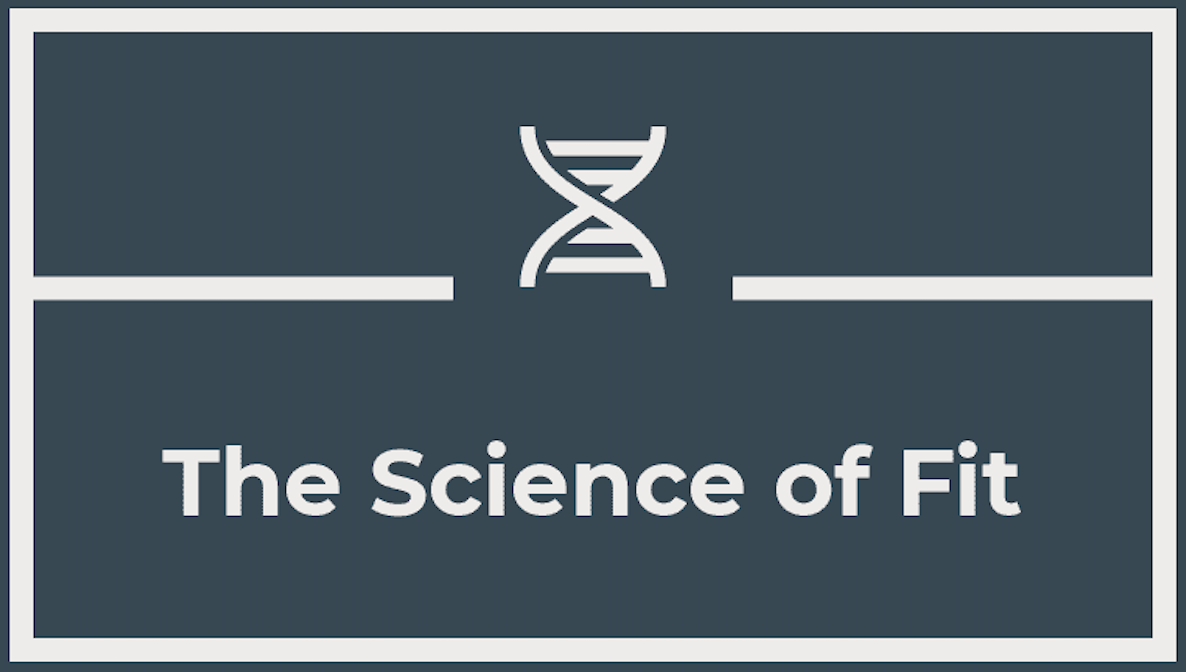Exercise and Brain Function
The Impact of Exercise on Brain Function: A Comprehensive Review

Exercise has long been associated with numerous physical health benefits, but its impact on brain function has garnered significant scientific interest in recent years. This review explores the mechanisms by which physical activity influences cognitive function, neuroplasticity, and overall brain health. Drawing from a broad range of studies, we highlight the positive effects of exercise on memory, mood, and the prevention of neurodegenerative diseases.
Intro
Regular physical exercise is widely recognized for its beneficial effects on cardiovascular health, muscle strength, and metabolic function. However, emerging research indicates that exercise also plays a crucial role in maintaining and enhancing brain function. This review synthesizes current scientific findings on how different forms of exercise impact cognitive processes, neuroplasticity, and mental health.
Mechanisms of Exercise on Brain Function
1. Neurogenesis
Exercise promotes neurogenesis, particularly in the hippocampus, a brain region integral to memory and learning. Studies have shown that physical activity increases the production of brain-derived neurotrophic factor (BDNF), which supports the growth and differentiation of new neurons and synapses.
2. Synaptic Plasticity
Exercise enhances synaptic plasticity, the ability of synapses to strengthen or weaken over time, which is essential for learning and memory. BDNF plays a significant role in this process, along with other growth factors such as insulin-like growth factor 1 (IGF-1) and vascular endothelial growth factor (VEGF).
3. Cerebral Blood Flow
Physical activity increases cerebral blood flow, which ensures a steady supply of oxygen and nutrients to the brain. Improved blood flow is associated with better cognitive function and a lower risk of cognitive decline.
4. Neurotransmitter Regulation
Exercise influences the levels of various neurotransmitters, including dopamine, serotonin, and norepinephrine, which are critical for mood regulation, attention, and overall cognitive function. This regulation can help reduce symptoms of depression and anxiety.
Cognitive Benefits of Exercise
1. Memory and Learning
Numerous studies have demonstrated that exercise enhances both short-term and long-term memory. Aerobic exercises, such as running and swimming, have been particularly effective in improving hippocampal-dependent memory tasks.
2. Executive Function
Exercise improves executive functions, including planning, decision-making, and inhibitory control. These benefits are observed across various age groups, from children to older adults.
3. Attention and Processing Speed
Regular physical activity has been linked to improvements in attention and processing speed. These cognitive benefits are attributed to enhanced neural efficiency and increased connectivity in brain regions involved in attention and executive control.
Exercise and Mental Health
1. Depression and Anxiety
Exercise has been shown to reduce symptoms of depression and anxiety, likely due to the increased release of endorphins and the modulation of neurotransmitters. Regular physical activity can be as effective as medication or psychotherapy for some individuals.
2. Stress Reduction
Physical activity reduces the physiological and psychological responses to stress. Exercise lowers levels of cortisol, the body's primary stress hormone, and promotes a sense of well-being and relaxation.
3. Mood Enhancement
Exercise induces immediate and long-term improvements in mood. The release of endorphins and the promotion of social interaction through group activities contribute to these positive effects.
Prevention of Neurodegenerative Diseases
1. Alzheimer's Disease and Dementia
Regular physical activity is associated with a reduced risk of developing Alzheimer's disease and other forms of dementia. Exercise helps maintain cognitive function and slows the progression of neurodegenerative diseases by enhancing neurogenesis, synaptic plasticity, and cerebral blood flow.
2. Parkinson's Disease
Exercise has been shown to improve motor function and reduce symptoms in individuals with Parkinson's disease. Physical activity increases dopamine synthesis and release, which are crucial for motor control.
Conclusion
The positive impact of exercise on brain function is supported by a robust body of scientific evidence. Regular physical activity enhances cognitive function, promotes mental health, and helps prevent neurodegenerative diseases. As our understanding of the mechanisms underlying these benefits continues to grow, exercise should be increasingly recognized as a critical component of a healthy lifestyle for brain health.
References
1. Erickson, K. I., Gildengers, A. G., & Butters, M. A. (2013). Physical activity and brain plasticity in late adulthood. Dialogues in Clinical Neuroscience, 15(1), 99-108.
2. Cotman, C. W., Berchtold, N. C., & Christie, L. A. (2007). Exercise builds brain health: Key roles of growth factor cascades and inflammation. Trends in Neurosciences, 30(9), 464-472.
3. Hillman, C. H., Erickson, K. I., & Kramer, A. F. (2008). Be smart, exercise your heart: Exercise effects on brain and cognition. Nature Reviews Neuroscience, 9(1), 58-65.
4. Ratey, J. J., & Loehr, J. E. (2011). The positive impact of physical activity on cognition during adulthood: A review of underlying mechanisms, evidence, and recommendations. Reviews in the Neurosciences, 22(2), 171-185.
5. Voss, M. W., Vivar, C., Kramer, A. F., & van Praag, H. (2013). Bridging animal and human models of exercise-induced brain plasticity. Trends in Cognitive Sciences, 17(10), 525-544.
6. Falck RS, Davis JC, Best JR, Crockett RA, Liu-Ambrose T. Impact of exercise training on physical and cognitive function among older adults: a systematic review and meta-analysis. Neurobiol Aging. 2019 Jul;79:119-130. doi: 10.1016/j.neurobiolaging.2019.03.007. Epub 2019 Mar 26. PMID: 31051329.










